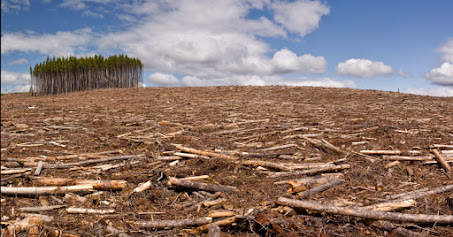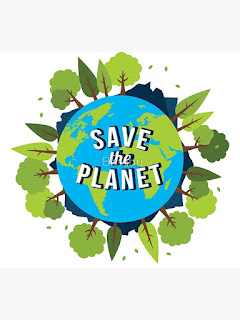Did you know that the main issue for climate change is the methane gas emission produced by the oil industries and cows? So I think producing meat is terrible because it contributes to climate change in many ways. Besides producing methane gas emission, meat requires a lot of water and land causing deforestation and over consumption of water. This contributes to climate change but more importantly destroys the natural environment.


Deforestation because of meat production is taking away the homes of many animals and it is affecting the ecosystem. Many kinds of life are at risk and are close to extinction. One main reason to burn trees and cause fires in order to have land is meat production as farmers need land to raise the cattle. We could prevent deforestation by controlling meat production and opting for vegetables and fruits production that requires less water to produce than meat. This means we need to change our consumption too.

Another important fact to consider in order to balance the ecosystem and help fight climate change is the water consumption requiredto produce food. Did you know the global average water footprint or the total amount of water needed to produce one pound of beef is 1,799 gallons of water? As a comparison the water footprint of soybeans is 216 gallons, corn is 108 gallons. Shock is reasonable for the amount of resources needed to produce meat compared to veggies and fruits.

Considering all the information above I think we need to be aware and conscious of what we consume and what we need to do to support the environment and to heal the Planet. Right now we are destroying the environment in many ways because of consumption and we can not continue like that because studies show us it could be too late to heal the Planet in the future because species and life are in danger of extinction.






